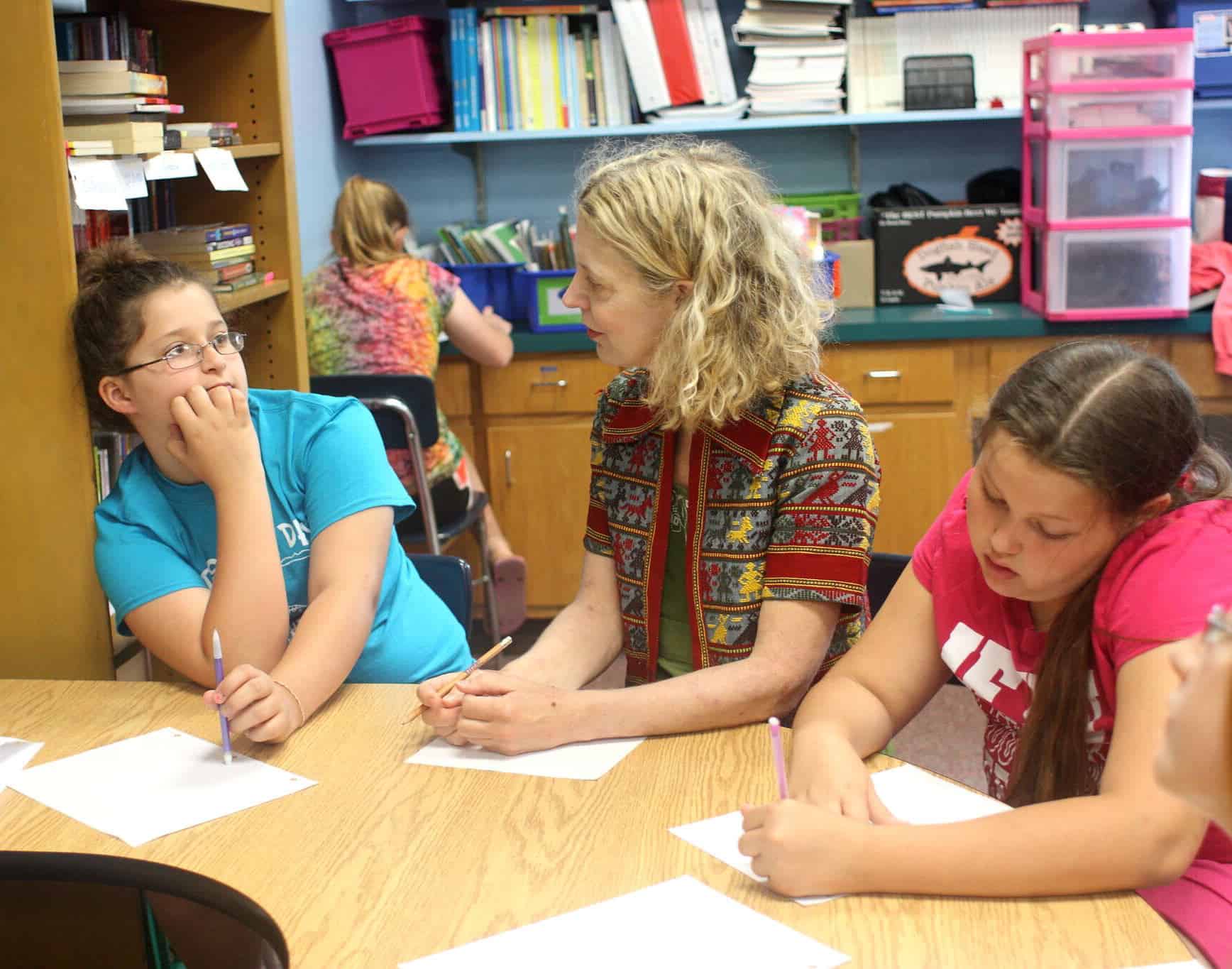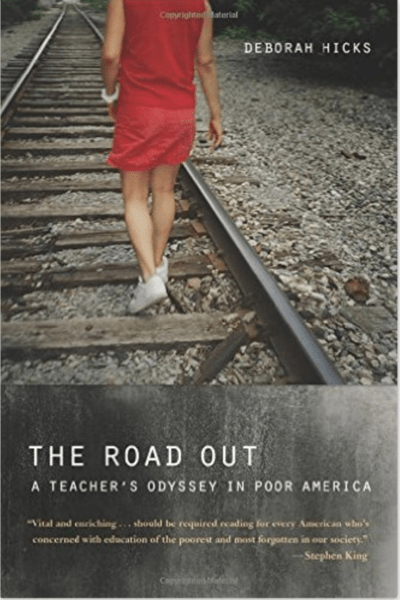The story of the Partnership for Appalachian Girls’ Education (PAGE) begins with me: a girl growing up in a working-class family in the Western North Carolina mountains. I was a girl with big dreams but more limited opportunities. As a young girl, I sat quiet and complacent in my classrooms — places set up to educate the daughters and sons of laborers and farmers. Secretly, I loved to read, to think creatively, and to imagine worlds outside my own. But I doubt that my teachers suspected how hungry I was for an education that challenged and empowered me.
Fortunately, when I was seventeen years old, still naïve and clueless about how higher education works, opportunity came knocking at my door. I received a letter offering me admission to a local two-year college, with a free ride through a combination of scholarships. Off I went on a long journey that ended up taking me to Harvard University for a doctorate in education, then back to my native soil in North Carolina’s mountain communities to found PAGE.
When I look now at the young girls coming in to our PAGE program in the summer just after their 5th grade year, I see girls who are every bit as gifted, ambitious, and as hungry for learning and new experiences as I was. PAGE began with a simple idea: give these rural working-class girls the highest-quality, innovative learning opportunities. Provide educational experiences in the critical four years between childhood and adolescence, so that girls go into high school with aspirations and the high-level skills they need to excel in today’s global world. Then watch these girls grow up and become young leaders who can help create a new Appalachia.
This was the vision that shaped the founding of PAGE in 2010, in the beautiful mountain community of Spring Creek, North Carolina.
The early days of PAGE bring up a collage of memories and images. Our program was tiny then: only nine girls going into 6th grade, three brilliant and passionate women undergraduates from Duke University, and me — always the dreamer who refused to be held back by lack of financial means. We had a humble beginning in one large room that doubled as a library for seniors, painted bright orange-red by our inspired team of Duke University women. We had no air conditioning at first and very limited funding. But a group of nine students — among them Alexis Wills and Katie Wills of our 2016 High School Intern team — hung in there with us until the end: an Exhibition that packed a room in the Spring Creek community center, a former K-12 school built from local stone. Tears flowed as our PAGE girls shared digital learning projects and highlights from our summer reading groups.
The concept underlying PAGE was born: invest in education that empowers girls, and you are investing in the future of rural communities such as Spring Creek.
Today, PAGE serves 50 girls annually in four middle school grades, and it offers internships for high school girls such as Alexis, Katie, and their classmate, Lizbeth Turrubiartes. We have moved to the larger town (though still small at around 500 residents) of Hot Springs, where we occupy two classrooms and a cafeteria in the historic Hot Springs Elementary School. We have year-round learning opportunities now, and a growing staff. Our undergraduate team has grown too. Now we work with a team of six Duke University undergraduates who devote nine summer weeks to living, teaching, and making a long-term difference as mentors for girls in Appalachian North Carolina.
Other things remain similar, now seven years into our PAGE story. As we look forward to another Exhibition on July 28th, we are excited to share the results of weeks of work in our Digital Learning Lab. We are proud of the accomplishments represented by digital projects and by the work in reading groups that help girls develop the soft skills and expanded worldview needed for our contemporary global world. We will again celebrate, admire, and dab away our tears as girls share multi-media digital projects that bring together the best of their Appalachian traditions with 21st century skills. We will watch girls who came in to our program shy and soft-spoken, like I once was, speak out and share their lives with courage and a growing sense of empowerment.
We hope you will join us, in person or virtually, and become part of a PAGE story that continues to evolve. We in PAGE — our undergraduate and high school interns, our staff and leaders, and the rural girls themselves — like to believe that we have the determination and grit to pull off a remarkable demonstration of what can happen when you invest in innovative education for Appalachia’s girls.
Editor’s Note: Deborah Hicks-Rogoff is the author of The Road Out: A Teacher’s Odyssey in Poor America.


